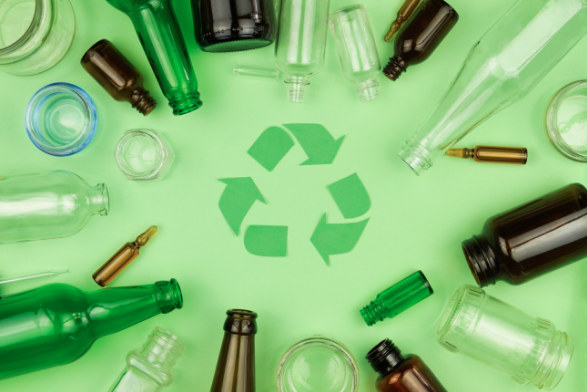New season, new styles, buy more, buy cheap, move on, throw away: the pollution, waste, and emissions of fast fashion are fueling the triple planetary crisis.The annual Black Friday sales on 25 November are a reminder of the need to rethink what is bought, what is thrown away, and what it costs the planet.
Sustainable fashion and circularity in the textiles value chain are possible, yet this century the world’s consumers are buying more clothes and wearing them for less time than ever before, discarding garments as fast as trends shift.
The United Nations Environment Programme (UNEP) is spearheading an initiative towards a zero waste world. As part of this ambitious outlook, UNEP has partnered with Kenyan spoken word poet Beatrice Kariuki to shed light on high-impact sectors where consumers can make a real difference.
“We need circular industries where old looks are made new,” Kariuki says in the video. “Less packaging, more reuse. Threads that last.”
The Ellen Macarthur Foundation, a UNEP partner, has estimated that a truckload of abandoned textiles is dumped in landfill or incinerated every second. Meanwhile, it is estimated that people are buying 60 per cent more clothes and wearing them for half as long.
Plastic fibres are polluting the oceans, the wastewater, toxic dyes, and the exploitation of underpaid workers. Fast fashion is big business, and while the environmental costs are rising, experts say there is another way: a circular economy for textiles.
At this month’s UN Climate Conference (COP27) in Egypt, UNEP and the non-profit Global Fashion Agenda (GFA) held an event on ‘Circular Systems for a Net Positive Fashion Industry’, which drew industry leaders to discuss routes towards a circular economy for the industry, with less waste, less pollution, more reuse, and more recycling.
Now, UNEP and GFA are spearheading a consultation across the fashion industry to define a path towards becoming net-positive — meaning an industry that gives back more to the world than it takes out. UNEP is also producing a roadmap towards sustainability and circularity in the textile value chain and working on shifting the narrative of the sector, looking at the role of consumption with a guideline to sustainable fashion communication.
Get More Info : Pharmaceutical waste recycling in UAE
Website : https://yesfullcircle.com/
Contact Us : Waste Management services in dubai
.jpg)


No comments:
Post a Comment